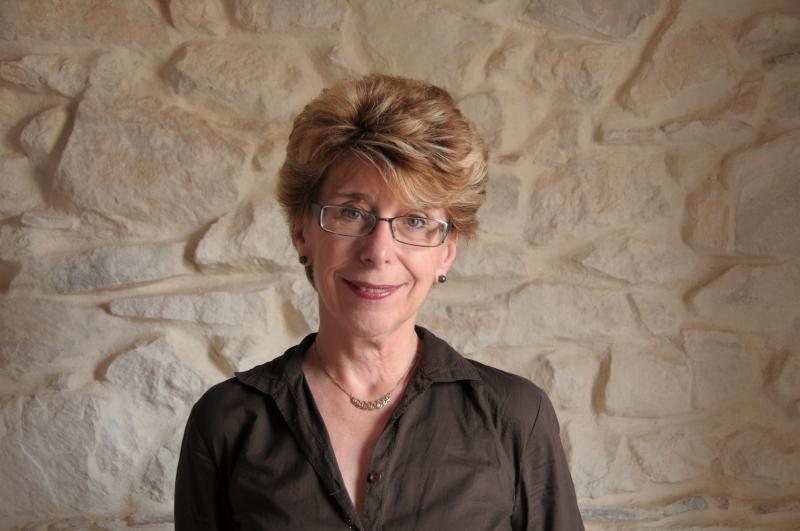2022 Recipient

Maria Todorova
Established in 1970, the Distinguished Contributions to Slavic, East European, and Eurasian Studies Award honors eminent members of the profession who have made major contributions to the field through scholarship of the highest quality, mentoring, leadership, and/or service. The prize is intended to recognize diverse contributions across Slavic, East European, and Eurasian Studies.
Honoree: Maria Todorova, Edward William and Jane Marr Gutgsell Professor of History at the University of Illinois at Urbana-Champaign
Maria Todorova is arguably the foremost historian of southeastern Europe in the world today. Her identification and explication of “Balkanism” transformed the field, creating a new paradigm for the study of the region. Her critique, in combination with primary research on a plethora of topics—from nationalism, economic backwardness, and (post)socialism, to memory, nostalgia and affect—repositioned the Balkans from a stepchild of historiography to an important location for understanding European history. Using meticulous historical detail from multilingual primary sources, she not only demonstrated the value of viewing global forces from the margins, but revealed how Balkan developments influenced those dynamics. In making these contributions Todorova mastered an astounding range of historical methods, including: quantitative history, historical demography, intellectual history, comparative history, microhistory and digital history. Her writing situates this painstaking research within the broad currents of contemporary theory and philosophy, giving the products both depth and verve, and facilitating interdisciplinary dissemination. That impact has been amplified by the research and careers of over twenty doctoral students that she mentored and influenced, not only in Balkan and Ottoman history, but in East-Central European, and Russian/Soviet history as well. Her reputation as a demanding but generous mentor, along with her contributions to institution building, helped position the University of Illinois as a destination for Southeast European research. She is a tireless fighter for the advancement of our field, always insisting on high standards and extolling principled stances against revisionist accounts of and from the region. She is among the select group of scholars who have transformed and expanded our field—with her scholarship, through the nurturing and training of young talent, by expanding our institutional footprint, and as an ambassador to the broader public. ASEEES is proud to join the long list of institutions recognizing her amazing contributions.